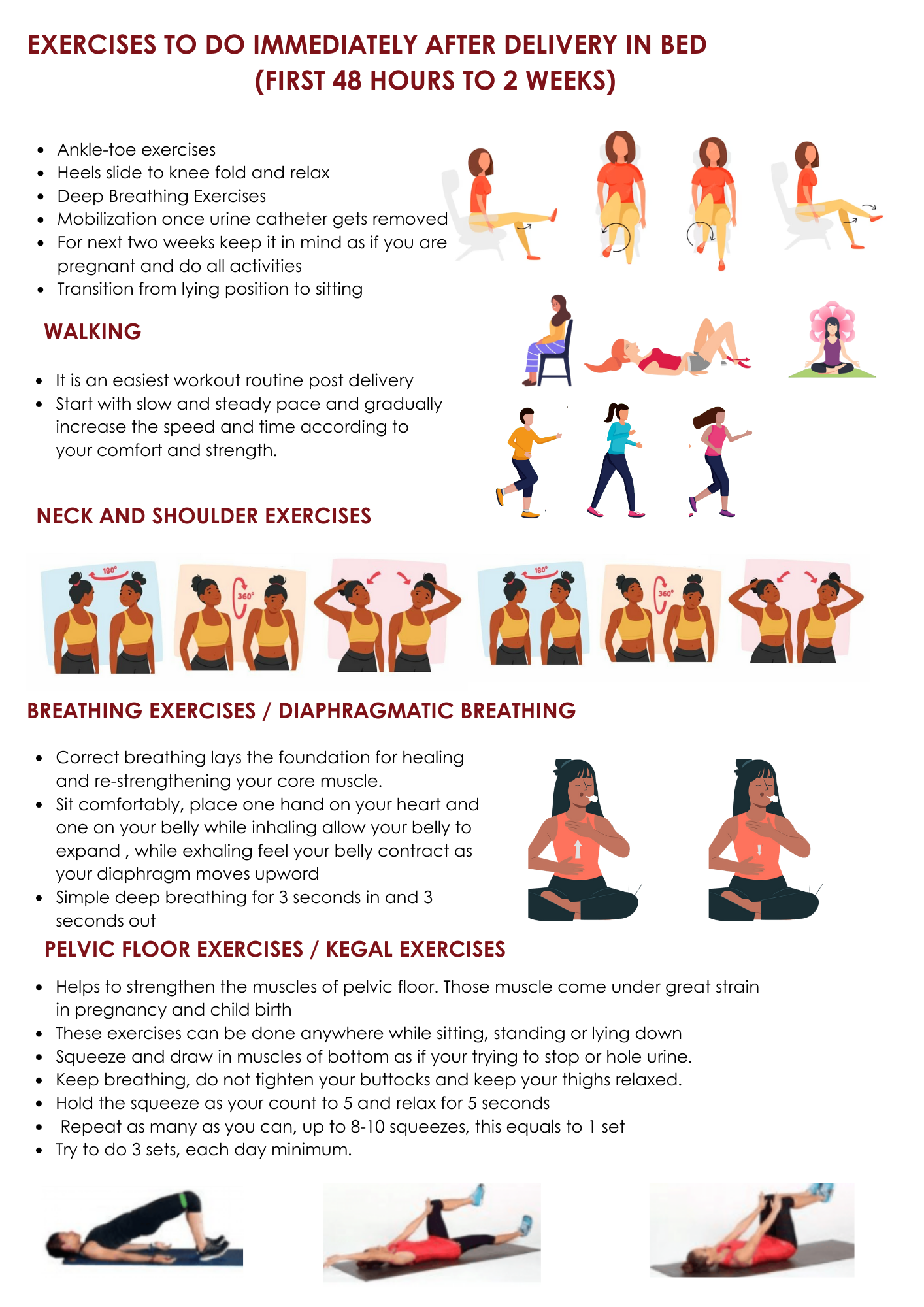The postpartum care measures for women are crucial for their health and well-being.
Post-delivery, it is important for women to consume a nutritious diet including vegetables, fruits, grains, and meat.
Drinking plenty of water is essential to prevent urinary infections and constipation. Spicy and oily foods should be avoided.
Furthermore, women should continue to take iron and calcium supplements for at least three months after delivery to prevent blood deficiency. Rest and relaxation after delivery are vital for mental peace and stability.
Regular physical exercise should be initiated about a month after normal delivery, and if a cesarean operation is performed, light exercises can commence 2-3 months after, which helps in strengthening the pelvic muscles and relieving back pain.
Foods to Avoid
After delivery, it’s important for women to avoid consuming spicy and oily foods. These types of foods can be harsh on the digestive system and may cause discomfort. Additionally, it’s best to avoid foods that are known to cause gas or bloating. It’s also essential to stay hydrated and to consume a balanced and nutritious diet to promote postpartum recovery and overall well-being.
Foods to Eat
Postpartum women should focus on consuming a nutritious and balanced diet that includes a variety of vegetables, fruits, whole grains, lean proteins, and dairy products.
Incorporating foods rich in iron and calcium is particularly important for replenishing nutrients lost during pregnancy.
It’s also essential to stay well-hydrated by drinking plenty of water. Additionally, foods such as fenugreek, fennel, garlic, and turmeric are traditionally believed to offer benefits during the postpartum period, but it’s important to consult with a healthcare provider regarding specific dietary recommendations based on individual health needs.
How much water to drink?
It’s important for postpartum women to stay well-hydrated by drinking an adequate amount of water.
A general guideline is to aim for at least 8-10 glasses of water per day, but individual needs may vary based on factors such as activity level, climate, and overall health.
It’s always best to listen to your body and consume water when you feel thirsty, and to increase intake when breastfeeding or during periods of increased physical activity.

Also Read: Why prenatal yoga is very important?
Are you feeling Morning Sickness during pregnancy?


